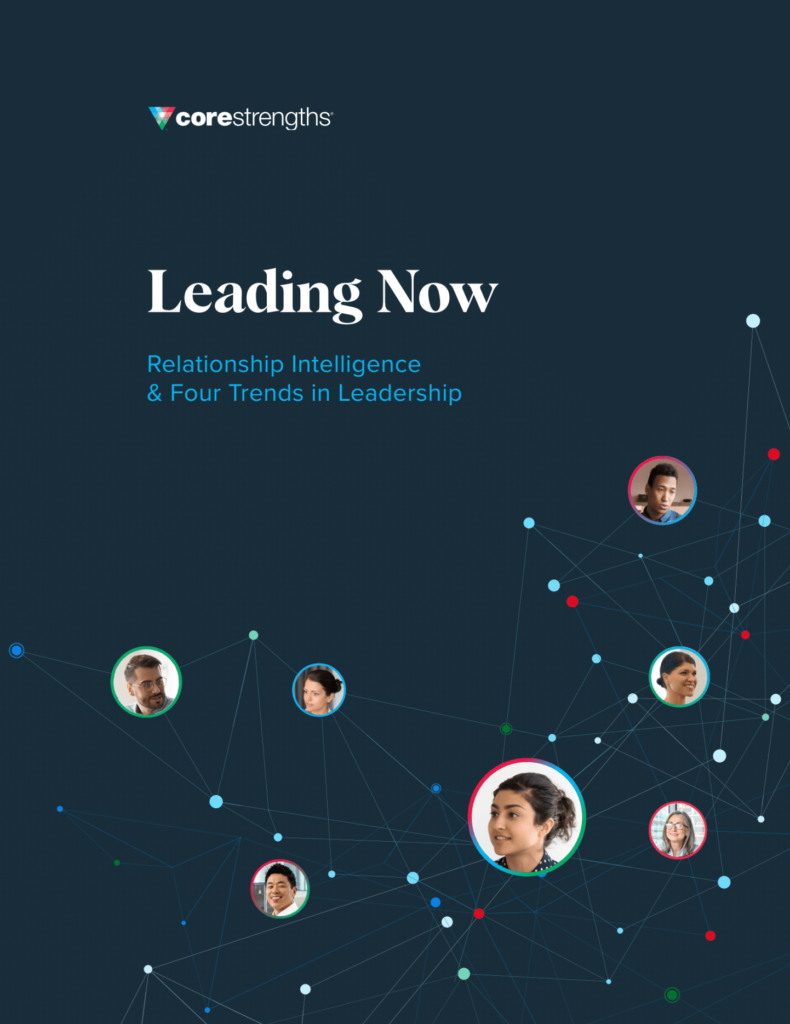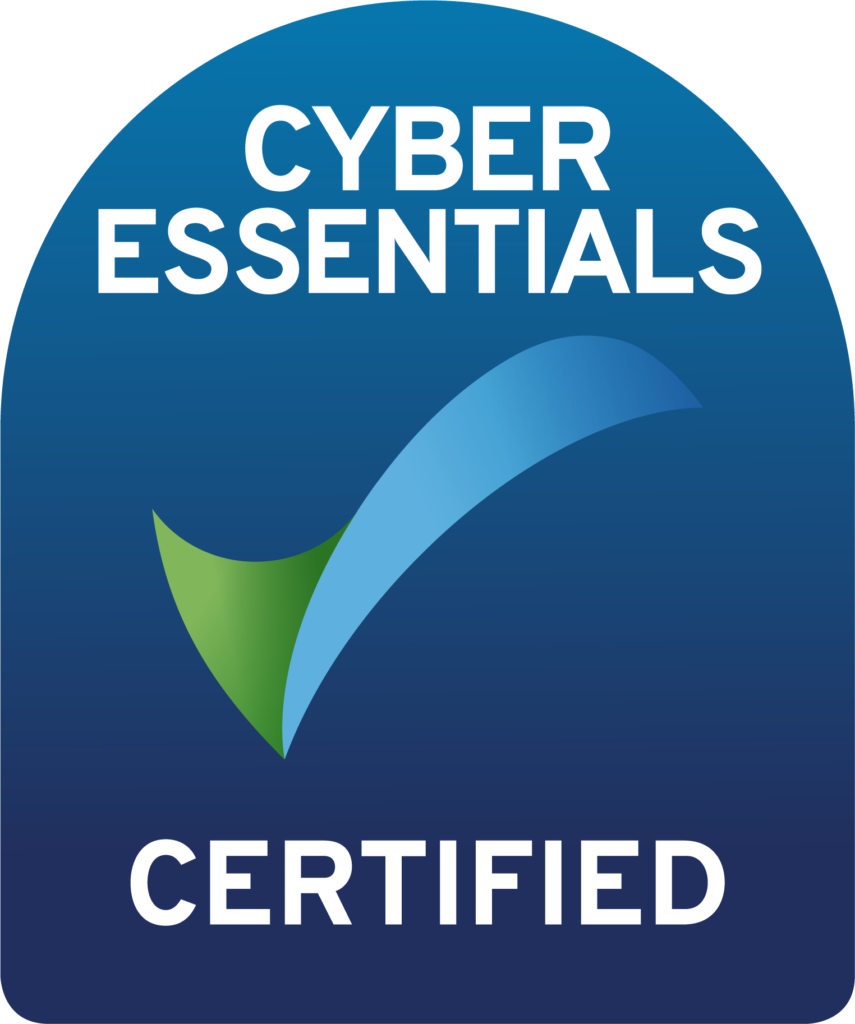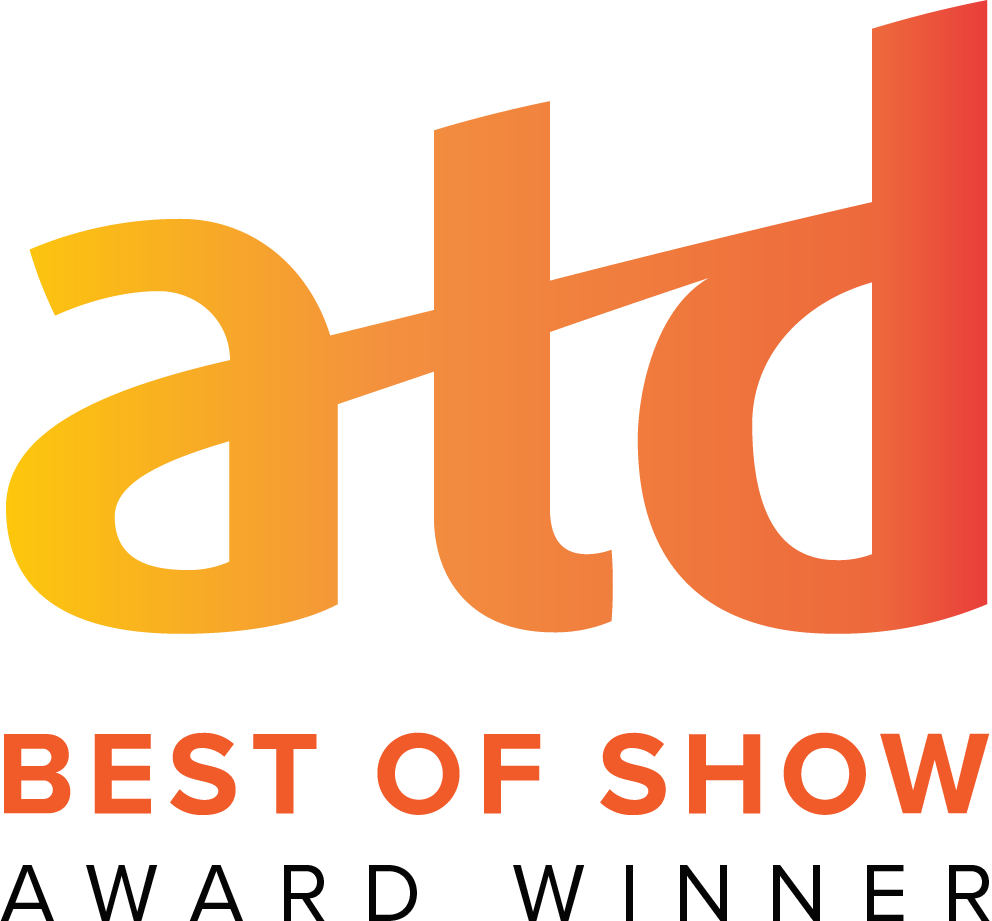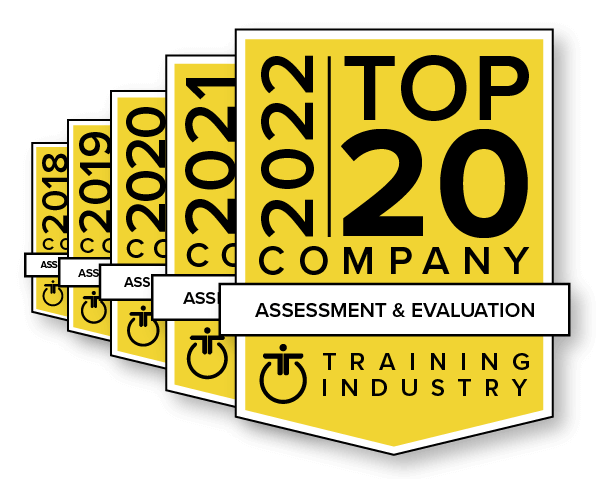In my first post, I shared some background on my personal journey to become a more relationally intelligent leader. I reflected on some specific experiences applying Relationship Intelligence during team Zoom meetings and my attempts to build team trust.
My next focus in my journey is generating team commitment and driving results.
Generating Commitment
Relationally intelligent leaders generate commitment by connecting to what drives each individual employee. This means leading each person differently, like a sports coach applies different coaching methods to different players. And crucially, this means not managing people the way I want to be managed.
As previewed in my prior post, I’m trying to walk the talk of my own products as part of my leadership journey. Currently I’m using the Core Strengths RQ Zoom App. One of the features of this app includes Participant Insights and Communication Tips for all of my teammates in every Zoom Meeting. Only I can see these quick tips for working with each meeting attendee, and they’re integrated directly into my Zoom meetings.
This feature breaks down what the other meeting participant’s motives, strengths, and overdone strengths mean for me, so I don’t have to memorize every detail about their personality and preferences. The tips are different for every single person I work with, since we all have different personalities. And they’re especially useful when I have opposing strengths or very different values from someone else.
Relationships are the most important thing in my workplace, and we do everything possible to understand where people are coming from and why, so we can help each other feel seen, heard, and valued.
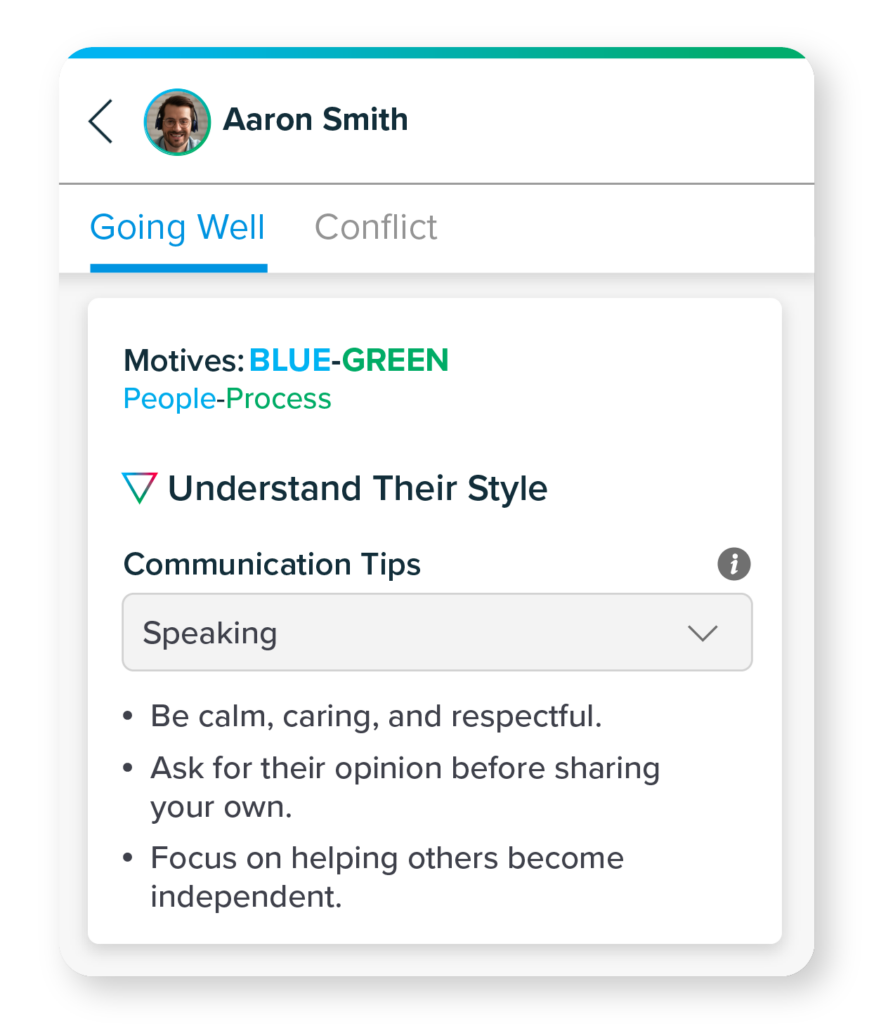
Let’s use Aaron Smith as an example (note: all teammate names have been changed to protect their identities). These are the tips for communicating with Aaron Smith that remind me to ask for his opinion during meetings before sharing my own. As a manager, this is an important reminder because it’s tempting to want to come in with all the answers.
When we recently launched a new product, this kind of insight was extremely helpful. My team used the Communication Tips to understand how people behave under more versus less time pressures, and how their behavior changed as we approached a high-stakes deadline.
Driving Results
While most managers have the instinct to focus on results first and work backwards from there, I know from Core Strengths research that the best results only come after I’ve built trust and generated commitment. That’s why I’m focusing on driving results third.
Relationally intelligent leaders drive results by using their balancers: the other people on the team who bring in expertise and capabilities that we don’t possess. I believe that the whole team is truly greater than the sum of its parts and my team can meet its potential when it uses the full toolkit of strengths.
I started using the Zoom Participant Insights Strength Tips to help me do that.
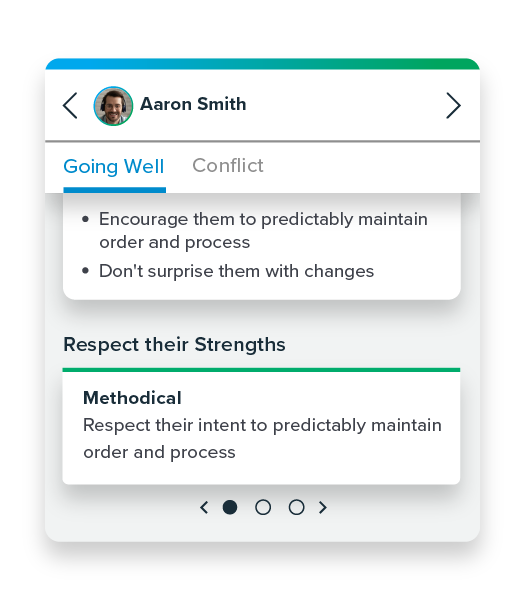
Looking at Aaron Smith again, his top strength is Methodical—the same as mine. We aren’t necessarily the strongest balancers to one another, but we have someone else on our team, Paola, who has Inclusive in her top strengths and balances both Aaron and me.
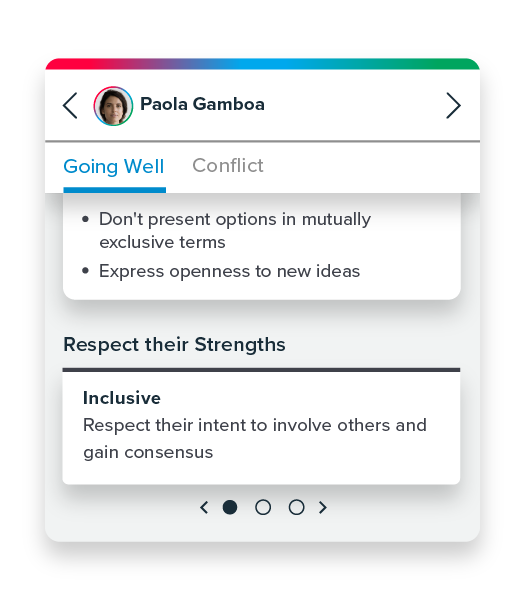
Paola might see a view like the above when meeting with Aaron, reminding her to respect Aaron’s intent to predictably maintain order and process. Aaron and I see a reminder to respect Paola’s intent to involve others and gain consensus.
Paola’s balance has recently reminded me of another important way to drive results: including opinions and input from other teams. She helps Aaron and I be curious when we’re in a hurry. She often suggests that we talk to the software engineers or the partner team, and helps us both access those teams’ strengths and get buy-in from them because they’re informed about what we’re doing.
So far the relationally intelligent leader journey that I’ve shared has been all roses – building trust, generating commitment, and driving results. However, what happens when things get difficult and we experience conflict in relationships? Keep an eye out for the third and final post of my journey where I reflect on using Relationship Intelligence to manage team conflict.
Core Strengths integrations can be your digital relationship coach
Through daily leadership practices and the help of powerful digital tools, I’m simultaneously meeting my goals of becoming a more relationally intelligent leader and drinking my own product champagne. Hopefully my team thinks so, too!
Learn about our integrations for Zoom, Microsoft Teams, and Microsoft Outlook.

